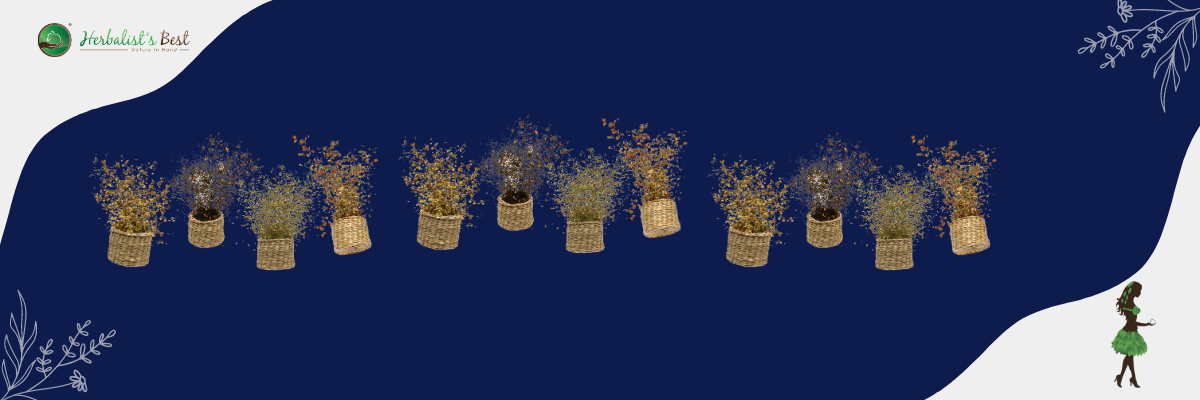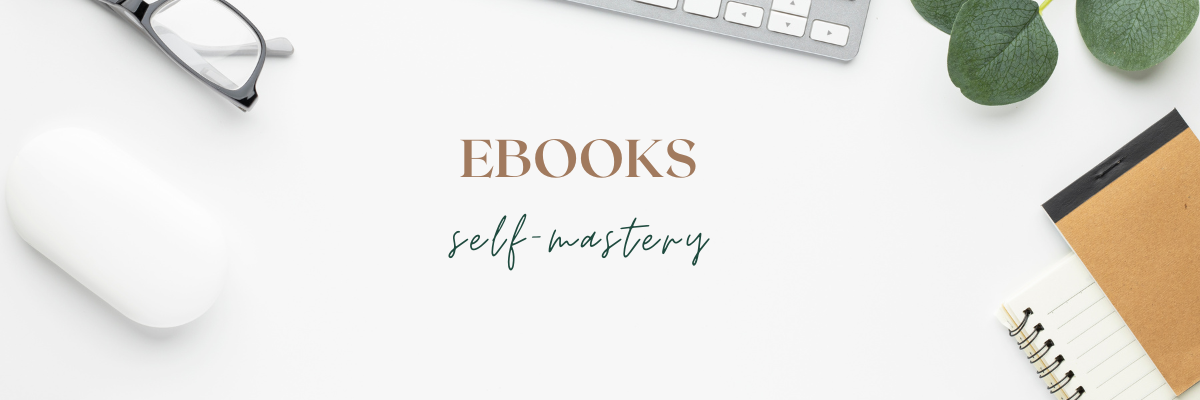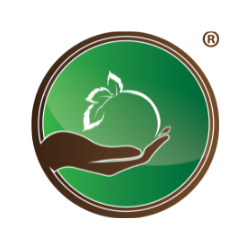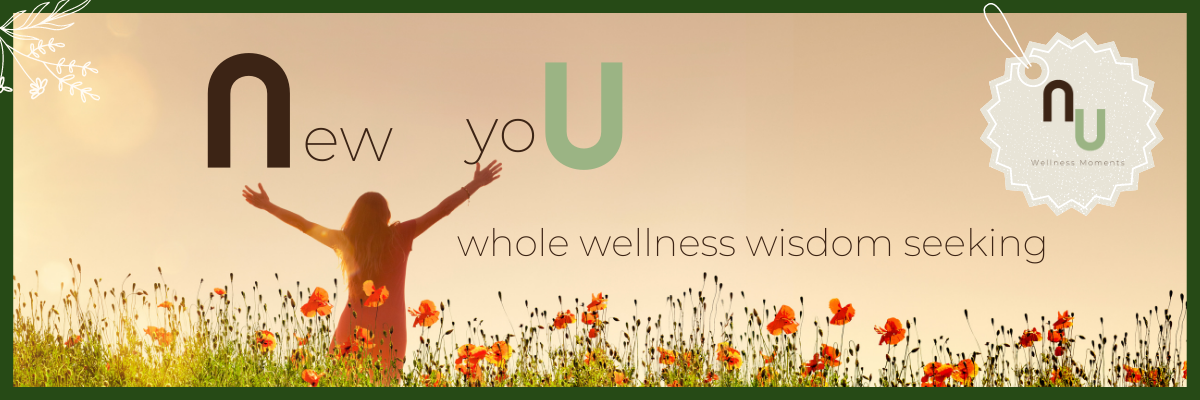
ABOUT NU BLOG SERIES:
NU (new you) blog series is inspired by real in person conversations, as we often seek advise from a wise men or women in our environment or an expert in specific fields we are seeking to give you full stack guidance on your own health quest.
These blog posts aim to give you deep insights into holistic wellness and serve as an R&D resource in self-mastery.
We hope these articles will inspire you just as mother nature springs into renewal to align with the natural cycle, discover new habits and techniques that can lead you to a wisdom of whole wellness and self-improvement.
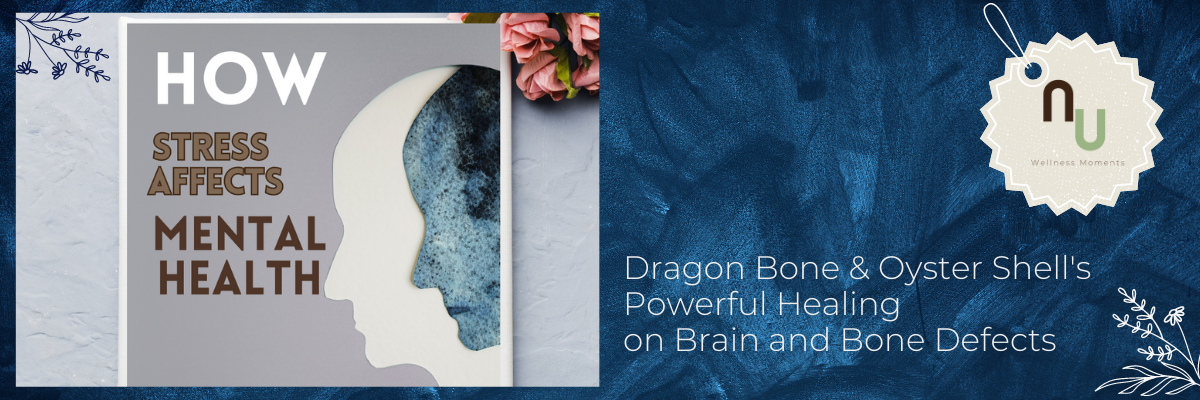
How Stress Affects Mental Health
Dragon bone and oyster shell powerful healing on brain and bone defects
Forewords
Maria has been struggling with mental health, so she visited her favorite psychologist, Professor Sam.
Maria is a woman struggling with mental health concerns and high-stress levels, while Professor Sam is a credible expert in the field of psychology who is compassionate and experienced in treating patients with similar issues.
After their session, Maria felt peaceful and left the office with a positive disposition toward life. In their conversation below, they discussed effective techniques, tactics, tips, and more to help health advocates manage stress and enhance their mental well-being.
We will also be discussing the importance of prioritizing mental health and proactively managing stress through seeking support, practicing self-care, and seeking professional help when needed.
Table of Content
The effects of stress on mental health and what we can do to overcome stress
People age 25 and above who care about green living, natural healing, wellness vegan, plant-based diet, bio, organic living interest, self-improvement seeker, and anyone with anxiety issues.
In this post, we will talk about how stress affects our mental health, and share tips on how to prevent stress and calming techniques with the help of herbs for stress relief.
Healthy lifestyle and taking food supplements that are best for you.
We all need self-care
Maria and Professor sitting in the professor's office at a bustling American university, surrounded by stacks of books and papers. Maria sits down with a sigh, looking visibly stressed.
Maria: [Takes a deep breath] Hi Professor, I wanted to talk to you about something that's been on my mind a lot lately - stress and mental health.
Professor: [Nods] Of course, Maria. It's an important topic. What would you like to know?
Maria: Well, I've been feeling overwhelmed with my coursework, part-time job, and personal responsibilities, and I've noticed that it's been taking a toll on my mental well-being. I've been experiencing difficulty concentrating, mood swings, and increased anxiety. I'm worried that the stress is affecting my mental health negatively.
Professor: I'm sorry to hear that, Maria. It sounds like you've been under a lot of pressure. Stress can indeed have a significant impact on our mental health. It's important to acknowledge and address it. Have you tried any stress management techniques?
Maria: I've been trying to exercise regularly, but I'm not sure if I'm doing enough. I've also been practicing some deep breathing and relaxation techniques, but it's been challenging to make them a regular part of my routine.
Professor: It's great that you're making an effort to manage your stress. Remember that finding what works best for you may take some time, and it's okay to experiment with different techniques. Have you considered talking to a mental health professional for additional support?
Maria: I haven't yet, but I'm open to the idea. I want to prioritize my mental health and make sure I'm taking the necessary steps to manage stress effectively.
Professor: That's a wise decision, Maria. Seeking professional help can provide you with valuable guidance and support. Remember that prevention is also key in managing stress. Setting healthy boundaries, practicing good time management, and engaging in self-care activities can all help in preventing stress from taking a toll on your mental health.
Maria: Thank you for the advice, Professor. I will definitely take those steps into consideration. It's reassuring to know that there are ways to manage stress and protect my mental well-being.
Professor: You're welcome, Maria. Taking care of your mental health is important. Remember, you don't have to go through it alone. Reach out to your support system, including friends, family, and professionals, whenever you need to. You're not alone in this.
Maria: Thank you, Professor. I appreciate your guidance and support. I'll make sure to prioritize my mental health and take proactive steps to manage stress effectively.
[They exchange smiles as Maria leaves the professor's office, feeling more empowered and motivated to take control of her mental health.]
Managing stress is an important part of overall well-being practice
Managing stress is an important aspect of maintaining overall well-being. In addition to adopting healthy lifestyle habits and practicing calming techniques, herbal remedies can also play a role in supporting stress relief. "Peaceful Mind" by Herbalist's Best is a stress relief supplement that claims to help build a zen alpha brain and promote natural calm.
However, it's important to understand that the effectiveness of herbal supplements may vary and it's always best to consult with a healthcare professional before starting any new supplement regimen.
Alongside that, incorporating calming techniques and healthy daily habits can also provide effective stress relief. In this response, we will explore calming techniques, daily habits, and herbs that can be beneficial for stress relief, with information drawn from reputable sources.
Calming Techniques
Deep belly breathing:
Taking slow, deep breaths can help activate the relaxation response and calm your nervous system.
Meditation:
Practicing mindfulness or other forms of meditation can help reduce stress and anxiety.
Exercise:
Regular physical activity can help reduce stress by releasing endorphins and improving overall well-being.
Progressive muscle relaxation:
Tensing and relaxing different muscle groups in your body can help release tension and promote relaxation.
Visualization:
Guided imagery or visualizing peaceful scenes can help relax the mind and body.
Yoga:
Practicing yoga can help reduce stress, increase flexibility, and promote relaxation.
Spending time in nature:
Being in nature, whether it's going for a walk in the park or spending time in a garden, can help calm the mind and reduce stress.
Daily Habits:
Adequate sleep:
Getting enough sleep is crucial for managing stress. Aim for 7-8 hours of quality sleep each night.
Time management:
Planning and organizing your day can help reduce stress by creating a sense of control and accomplishment.
Healthy diet:
Eating a balanced diet with plenty of fruits, vegetables, and whole grains can support your body's resilience to stress.
Social support:
Spending time with loved ones and maintaining healthy relationships can help reduce stress and provide emotional support.
Limiting caffeine and alcohol:
Too much caffeine or alcohol can increase anxiety and disrupt sleep, so it's best to consume them in moderation.
Digital detox:
Taking breaks from screens, such as smartphones or computers, can help reduce stress and promote relaxation.
Self-care:
Taking time for self-care activities such as reading, taking a bath, or engaging in a hobby can help you relax and recharge.
Herbs for Stress Relief:
Chamomile:
Known for its mild sedative properties and ability to calm the nerves.
Rhodiola Rosea:
An adaptogenic herb that helps the body cope with stress and fatigue.
Ashwagandha:
An adaptogenic herb that helps the body cope with stress and promotes relaxation.
Valerian root:
Known for its calming properties and ability to improve sleep quality.
Passionflower:
Helps reduce anxiety and promotes relaxation.
Lemon balm:
Helps reduce anxiety, promotes relaxation, and improves sleep.
Lavender:
Known for its calming scent and ability to reduce stress and anxiety.
Potent Anxiety Relief Herbs and Benefits
RHODIOLA AND TURMERIC
A. Rhodiola and Turmeric are two herbal supplements that have gained attention for their potential benefits on stress, anxiety, immunity, and other areas of health.
Here are the top five benefits of Rhodiola and Turmeric:
1. Stress Relief: Rhodiola and Turmeric both have adaptogenic properties that help the body cope with stress. Rhodiola has been shown to reduce stress-induced fatigue and increase mental performance, while Turmeric helps to regulate stress hormones in the body, supporting a balanced stress response.
2. Anxiety Reduction: Rhodiola has been found to have anxiolytic properties, helping to reduce symptoms of anxiety and promoting a sense of calmness. Turmeric has also been shown to have anti-anxiety effects, supporting a healthy mood and emotional well-being.
3. Immune Support: Rhodiola and Turmeric both possess immune-modulating properties that can help boost the body's immune system. Rhodiola has been shown to increase natural killer (NK) cell activity, which helps the body fight off infections, while Turmeric's anti-inflammatory properties support a healthy immune response.
4. Energy Enhancement: Rhodiola has been shown to increase physical endurance and reduce fatigue, helping to improve stamina and resilience to stress. Turmeric's antioxidant properties also support energy production by reducing oxidative stress and inflammation in the body.
5. Cognitive Function: Rhodiola has been found to enhance cognitive function, including improved memory, concentration, and mental performance. Turmeric's neuroprotective effects also support brain health by reducing inflammation and oxidative stress, which may help protect against age-related cognitive decline.
AMERICAN GINSENG
B. American Ginseng is a natural herb that is commonly used as a supplement, known for its potential benefits in stress relief, anxiety reduction, immune support, mental clarity, and physical endurance.
1. Stress Relief: American Ginseng has adaptogenic properties that can help the body cope with stress, reducing the impact of stress on physical and mental health.
2. Anxiety Reduction: American Ginseng may help reduce symptoms of anxiety, promoting a sense of calmness and relaxation.
3. Immune Support: American Ginseng has immune-modulating properties that can support a healthy immune system, potentially enhancing the body's ability to fight off infections.
4. Energy Enhancement: American Ginseng is known for its potential to improve physical endurance, reduce fatigue, and increase overall energy levels, helping to combat stress-related fatigue.
5. Cognitive Function: American Ginseng may have cognitive-enhancing effects, including improved memory, concentration, and mental performance, which can contribute to overall brain health and well-being.
CHAMOMILE
Chamomile is a natural herb that is commonly used as a supplement or tea, known for its potential benefits in promoting relaxation, reducing stress and anxiety, supporting immunity, aiding digestion, and improving sleep quality.
1. Stress relief: Chamomile is known for its calming properties that can help reduce stress and promote relaxation. It may help soothe the nervous system, ease tension, and reduce symptoms of stress.
2. Anxiety reduction: Chamomile has mild sedative effects that can help reduce symptoms of anxiety, including restlessness and irritability. It may help promote a sense of calm and relaxation, making it beneficial for managing anxiety.
3. Immune support: Chamomile has immune-boosting properties that can help support the body's natural defense mechanisms. It may help stimulate the immune system, reduce inflammation, and promote overall immune health.
4. Digestive support: Chamomile has been traditionally used to soothe the digestive system and alleviate symptoms of indigestion, bloating, and gastrointestinal discomfort. It may help relax the muscles of the gastrointestinal tract, promote healthy digestion, and reduce digestive-related stress.
5. Sleep aid: Chamomile is often used as a natural remedy for improving sleep quality. It may help calm the nervous system, promote relaxation, and improve sleep duration and quality, making it beneficial for those struggling with sleep-related stress or insomnia.
BLACK COHOSH
Black Cohosh is a natural herb commonly used for menopausal symptom relief, anxiety reduction, immune support, hormonal balance, and muscle relaxation.
1. Menopausal symptom relief: Black Cohosh is commonly used as a natural remedy to alleviate symptoms of menopause such as hot flashes, mood swings, and sleep disturbances. It may help balance hormonal levels and reduce menopausal-related stress.
2. Anxiety reduction: Black Cohosh has mild sedative effects that can help reduce symptoms of anxiety, including nervousness and irritability. It may help promote relaxation and ease anxiety-related stress.
3. Immune support: Black Cohosh has immune-modulating properties that can help support the immune system. It may help stimulate immune activity, reduce inflammation, and support overall immune health.
4. Hormonal balance: Black Cohosh has been traditionally used as a hormonal regulator, particularly for women. It may help balance estrogen levels and support hormonal health, which can impact stress and anxiety levels.
5. Muscle relaxation: Black Cohosh has muscle-relaxing properties that can help relieve muscle tension and reduce stress-related muscle pain. It may help relax muscles, promote relaxation, and reduce physical symptoms of stress.
JUJUBE
Jujube, also known as Chinese date, is a fruit that is commonly used for its potential benefits in stress relief, anxiety reduction, immune support, sleep aid, and digestive support.
1. Stress relief: Jujube, has adaptogenic properties that may help the body cope with stress and reduce stress-related symptoms.
2. Anxiety reduction: Jujube has calming effects that can help reduce anxiety and promote relaxation, potentially aiding in anxiety management.
3. Immune support: Jujube is rich in antioxidants, which can support the immune system by neutralizing harmful free radicals and promoting overall immune health.
4. Sleep aid: Jujube has been traditionally used as a natural remedy for improving sleep quality. It may help calm the nervous system and promote restful sleep, which can aid in reducing stress and anxiety.
5. Digestive support: Jujube has been used to soothe the digestive system and alleviate symptoms of indigestion and gastrointestinal discomfort. It may help promote healthy digestion and reduce digestive-related stress.
*Note: As with any herbal supplement, it's important to consult with a healthcare professional before using chamomile or any other herbal remedy, especially if you have specific health concerns or are taking medications.
Click on the arrow for further details
Összecsukható tartalom
References
Mayo Clinic. (2021). Stress relief: Techniques to tame stress. https://www.mayoclinic.org/healthy-lifestyle/stress-management/in-depth/stress-relief/art-20044476
National Institute of Mental Health. (2021). 5 Things You Should Know About Stress. https://www.nimh.nih.gov/health/publications/stress/
University of Maryland Medical Center. (2018). Rhodiola rosea. https://www.umm.edu/health/medical/altmed/herb/rhodiola
What's more?!
According to PUBMED, anxiety disorders are a common mental illness that can seriously impact physical and mental health.
The etiology of anxiety disorders is closely related to abnormalities in neurotransmitters such as monoamines, amino acids, and neuropeptides.
While long-term use of chemical drugs for anxiety may have adverse effects, traditional Chinese medicines and formulas offer advantages such as multi-component, multi-target coordination, and fewer adverse reactions.
This article reviews several traditional Chinese medicines and formulas, including Panax ginseng, Lycium ruthenium, Morus alba, Bupleurum plus dragon bone oyster soup, Chailong Jieyu Pills, Naogongtai Formulas, Rehmannia glutinosa, Ziziphus jujuba Mill. var. spinosa, Jielv Anshen Decoction, Baixiangdan Capsules, Antianxietic Compound Prescription Capsules, and P. ginseng, Xiaoyao San, Shuyu Ningxin Decoction, which have shown effects on neurotransmitters such as serotonin, dopamine, norepinephrine, glutamic acid, γ-aminobutyric acid, and neuropeptide Y pathway.
These traditional Chinese medicines and formulas hold promising potential for the development of novel and more effective anti-anxiety therapeutics.
Read More about it here: https://pubmed.ncbi.nlm.nih.gov/32237406/
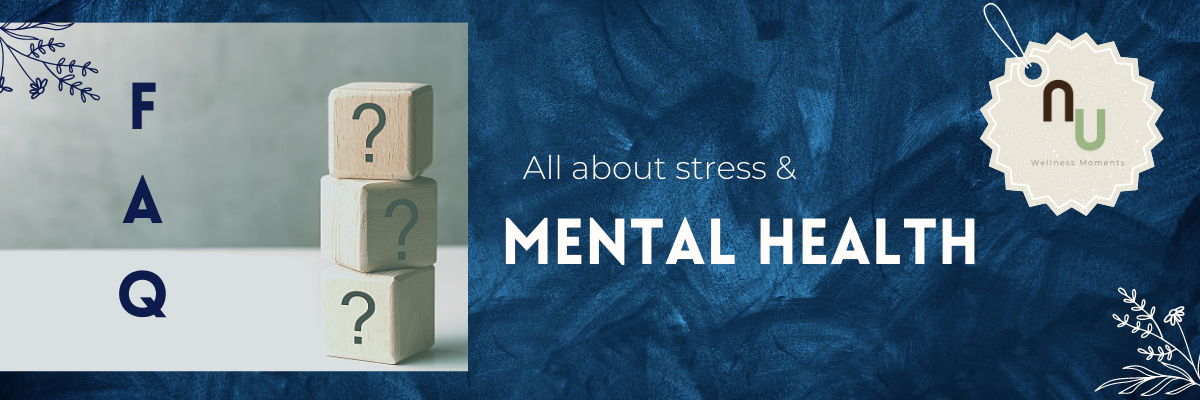
Frequently Asked Questions
1. What mental health conditions are associated with stress?
Stress is linked to various mental health conditions, including anxiety disorders, depressive disorders, post-traumatic stress disorder (PTSD), and adjustment disorders, which can manifest as increased worry, mood swings, changes in appetite or sleep patterns, and difficulty concentrating or making decisions.
2. How does chronic stress affect mental health in the long term?
Chronic stress can disrupt normal brain function and contribute to structural and functional changes associated with emotional regulation, cognitive function, and memory. This can increase the risk of developing mental health disorders, such as depression and anxiety, and worsen existing mental health conditions.
3. What are the psychological symptoms of stress-related mental health issues?
Psychological symptoms of stress-related mental health issues include anxiety, persistent worry, mood swings, irritability, agitation, low mood or depression, difficulty concentrating, changes in appetite or sleep patterns, and decreased interest in activities once enjoyed.
4. How does stress impact cognitive function and decision-making?
Stress can impair cognitive function, including decision-making abilities, due to suboptimal functioning of the prefrontal cortex, which is responsible for executive functions. This can lead to poor judgment, impulsive behavior, and difficulty making well-thought-out decisions.
5. How does stress affect sleep, and how does poor sleep impact mental health?
Stress can disrupt sleep patterns and quality, leading to sleep disturbances such as insomnia, nightmares, or restless sleep. Poor sleep can negatively impact mental health, affecting emotional regulation, cognitive function, and overall well-being, and contributing to the development or worsening of mental health disorders.
Top 5 questions to ask before purchasing
1.Consider the dosage and potency of the active ingredients such as Rhodiola, Turmeric American Ginseng, Ginger, Chamomile, Black Cohosh , Jujube and whether they are present in sufficient amounts to produce the desired effects.
2.Check the storage and expiration information of the food supplement to ensure that the supplement is still effective and safe to consume.
3.Choose high-quality supplements such as those produced by certified herbalists to reduce the risk of adverse effects on the body.
4. Consult with a healthcare professional before taking any new supplement, especially if you have a pre-existing medical condition or are taking other medications.
5. Be mindful of potential side effects of the food supplement on your body, and whenever possible, choose products that are all-natural and organic.
Conclusion
While stress can have negative effects on mental health, there are ways to manage it and prioritize self-care. Seeking support, practicing healthy coping strategies, and taking a holistic approach to mental health can contribute to overall well-being and resilience. You are not alone, and there is hope for better mental health.
Click on the arrow for further details
Összecsukható tartalom
References
- National Institute of Mental Health. (2019). Anxiety Disorders.
- American Psychiatric Association. (2013). Diagnostic and Statistical Manual of Mental Disorders, Fifth Edition (DSM-5).
- McEwen, B. S. (2017). Neurobiology of Stress: The Central Role of the Brain in Adaptation and Maladaptation. American Journal of Psychiatry, 175(10), 989-991.
- McEwen, B. S. (2012). Brain on stress: how the social environment gets under the skin. Proceedings of the National Academy of Sciences, 109(Supplement 2), 17180-17185.
- Liston, C., McEwen, B. S., & Casey, B. J. (2019). Psychosocial stress reversibly disrupts prefrontal processing and attentional control. Proceedings of the National Academy of Sciences, 116(18), 9078-9083.
- American Psychological Association. (2020). Stress effects on the body.
- Alhola, P., & Polo-Kantola, P. (2007). Sleep deprivation: Impact on cognitive performance. Neuropsychiatric Disease and Treatment, 3(5), 553-567.
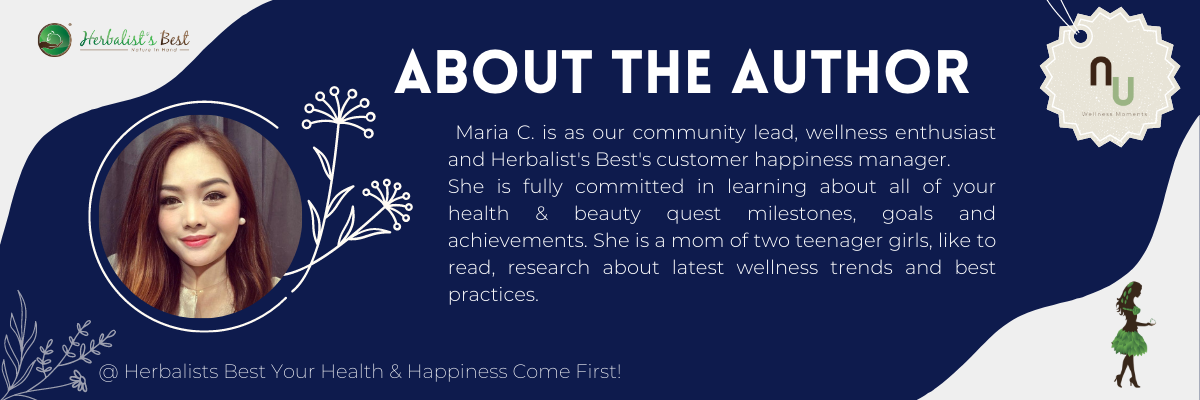
Related Products
Deep dive into optimal cognitive performance and mental health with the our zen mastery resources.
Roadmap to Peaceful Moments
-
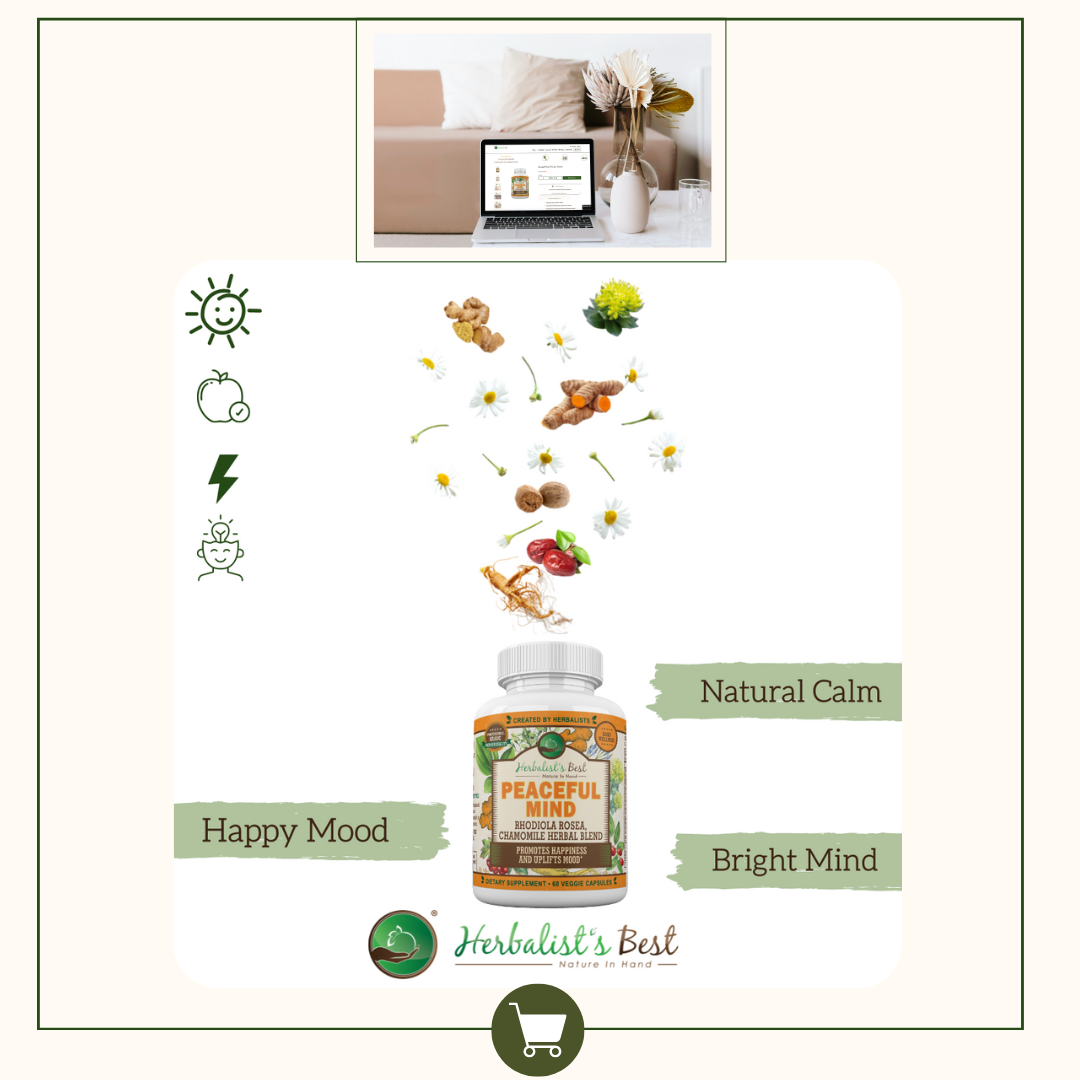
The Zen Master
Shop Peaceful MindA super-herb blend. Designed to help you regain natural calm & stay centered when life gets hectic.
-
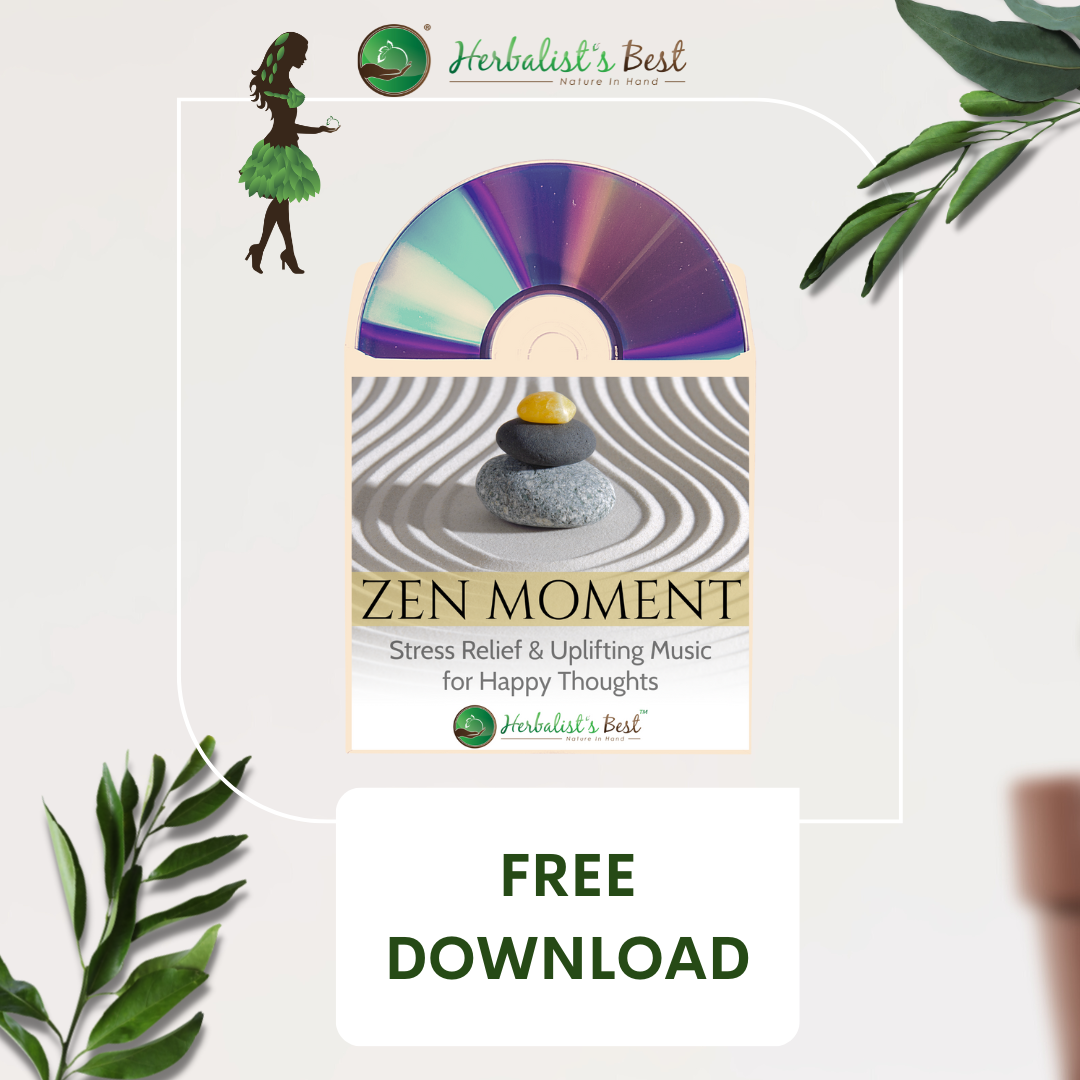
Zen Moment (Soundtracks)
Free Download30 minutes Uplifting music to ease your mind and get centered with peace of mind. Download for free.
-
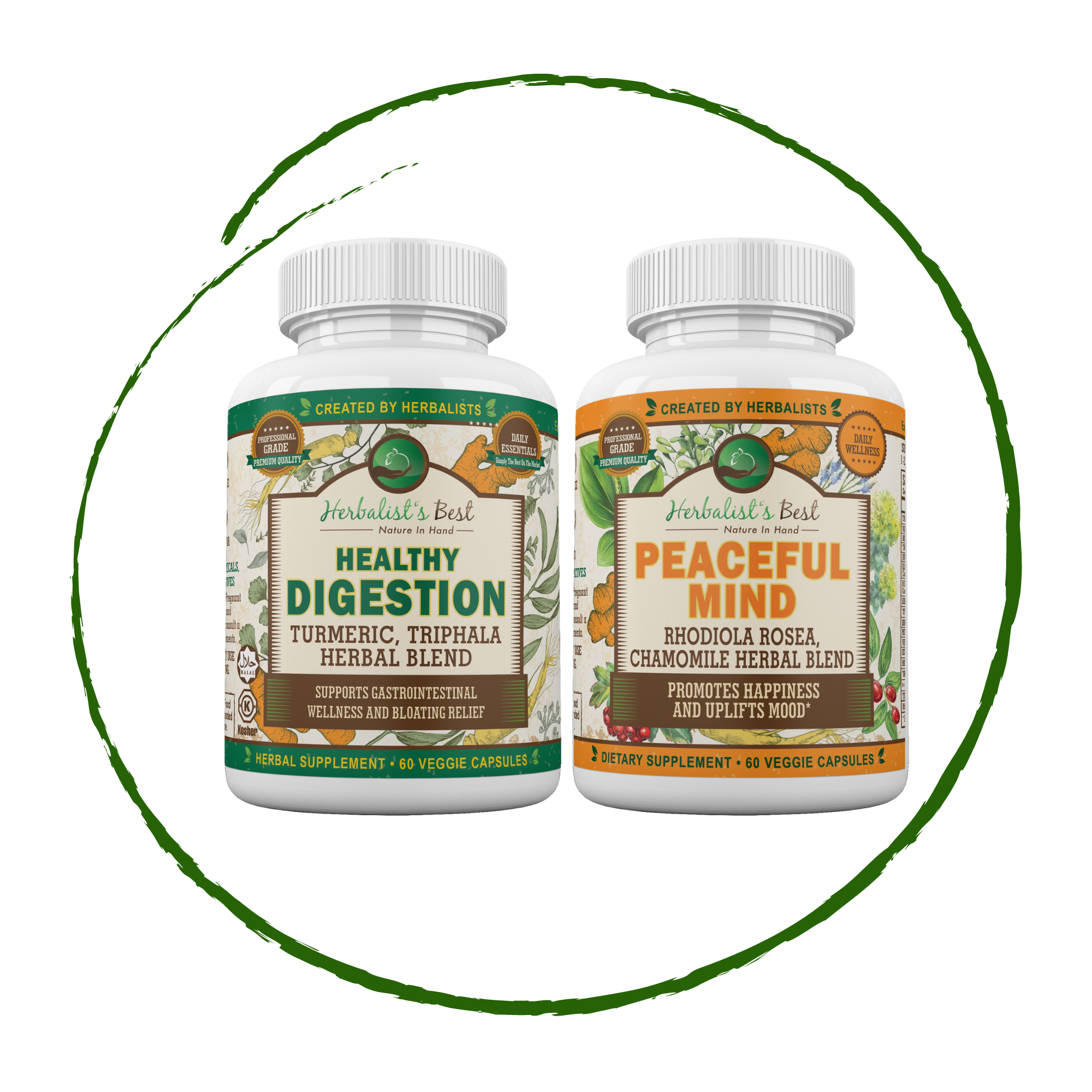
Bundle of Joy and Natural Calm.
Buy Wellness Warrior KitEnjoy a total mind and gut boost, a nutritional herbal support for whole wellness and happy moments.
click on the arrow to reveal further info.
Prefer to buy it on favorite marketplace?
Buy it on Amazon
Buy it on Etsy
Buy it on Ebay
